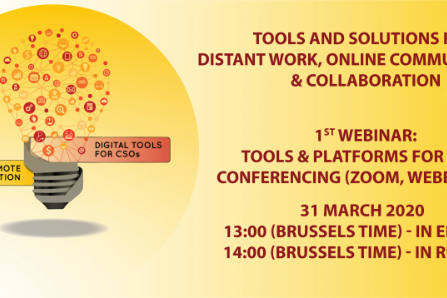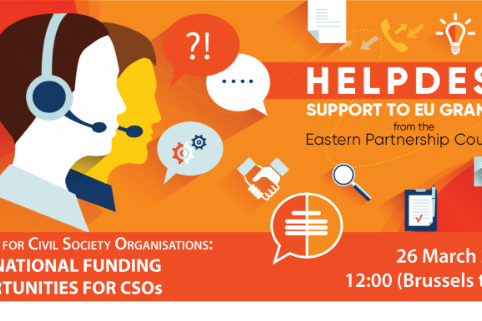An opinion piece by Darren Hockley
—
So often when we think about learning in organisations, we’re presented with the option of ‘traditional’ (meaning face-to-face or classroom learning) versus online learning as if the two are inexorably opposed.
In my opinion, these so-called mortal enemies, fighting to reign supreme over mandatory training, aren’t opposites at all. Rather, the future of learning and training programmes at work will take the best of both approaches into consideration – even if this is achieved on a digital platform rather than in a classroom.
Looking Ahead
The way I see it, the future of work-based learning will invariably be technology enabled, but this doesn’t have to mean it won’t be interactive or will have to be ‘one size fits all’. These are common arguments against eLearning that, dare I say, involve some pretty outdated thinking!
You see, with the advancement of AI and machine learning, we have the ability to highly personalise digital training. Think of eLearning as a tool that supports performance rather than halts it in order to deliver compulsory training modules.
Intelligent eLearning platforms have the ability to learn about specific employees’ gaps in knowledge, delivering training and other information as and when it’s needed (and alongside work rather than instead of it). In fact, this process has a name, it’s called ‘learning in the flow of work’.
Learning and Working
Learning in the flow of work means that machine learning programmes can interrogate what employees are working on and look for learning opportunities (think helpful tips, simple videos, links to more detailed information, etc.) to support this. It’s not entirely dissimilar to the ‘suggested for you’ section on video-streaming platforms, which is borne out of the software learning our preferences and promoting things we might like.
The difference between consumer-products like videos and workplace learning, however, is that, in the case of eLearning, the intelligence lies in not holding the audience’s attention for long periods of time. Instead, the trick is to give learners only the information they need so that they can, well … get on with their job.
That’s why I’m an advocate for microlearning (short, very specific courses that are usually only a few minutes in length). These compact and highly-relevant ‘mini-courses’ work well for employees learning in the flow of work since they remove unnecessary content and focus on just one issue or learning point at a time. Put simply, microlearning allows learners to get back to whatever they were doing confident in the knowledge they’ve acquired.
Getting Results
Whilst ‘traditional’ eLearning was sold on its measurability; that is, on its appeal as a data-friendly option that made it easy for organisations to ‘test’ employees and evidence their learning efforts, I don’t agree that measuring retention/recall should be a mandatory outcome. Instead, I believe the measurability of modern learning (including microlearning) lies in performance data rather than scoring systems and marks out of 10.
Take the experience API (also known as xAPI or by its project name, ‘Tin Can’), which is a learning technology designed to collect data about – you guessed it – experiences.
xAPI allows us to track learning experiences outside of an eLearning course or LMS (think internet pages, wikis, apps, etc.) and understand individual users’ learning behaviours. These learning ‘events’ are then stored in a Learning Record Store (LRS) that’s unique to each user.
What’s interesting about xAPI is that it allows us to measure the impact of training, rather than simply ‘test’ knowledge in a traditional sense. For example, a customer service agent may have learning events in their LRS around delivering excellent customer service and may have scored 10/10 on a communication module in the organisation’s LMS – great! However, using xAPI, we can also track things like customer-service reviews on websites such as TrustPilot and Feefo. We can analyse whether the customer service agent’s average star rating has gone up or down since training events were implemented, and the LMS’ AI can suggest training to help with any gaps in knowledge this data uncovers.
In short, xAPI is a way to collect a rich variety of data about learners and take action based on the results. These are the sorts of ‘measurements’ I see mattering in the future of eLearning; ones that promote seamless and continuous learning as we work.
—
Darren Hockley is MD of DeltaNet International, an eLearning provider specialising in the development of engaging compliance and health and safety courses.
Source: eLearning Network





Comment